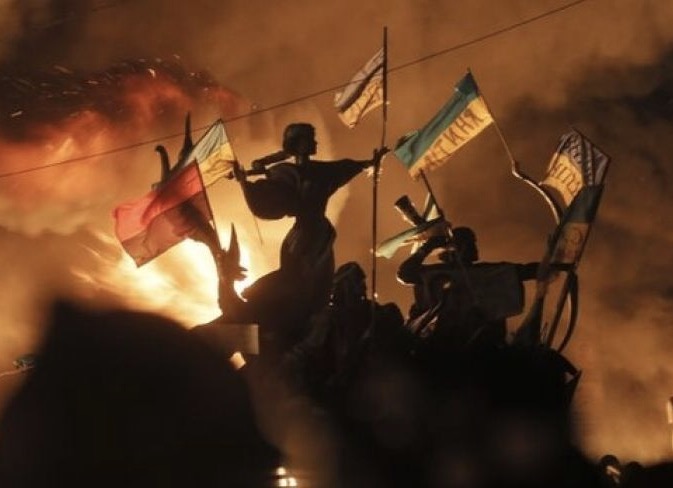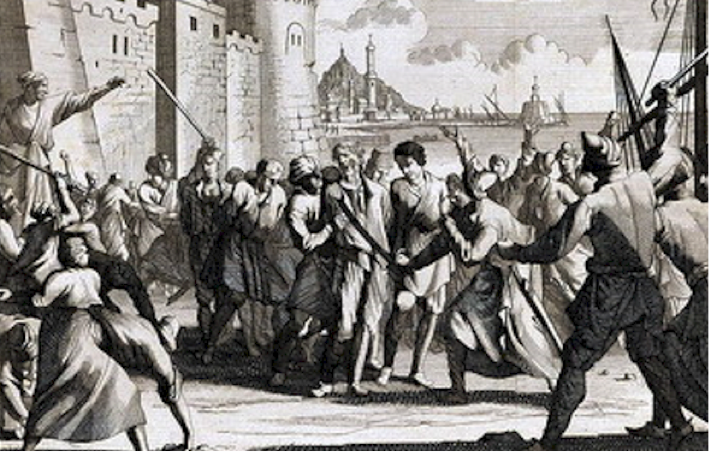Corruption
In an article dated 25th May 2017, The Economist points out that Ukraine is one of the most corrupt countries in the former Soviet Union and that fraud is endemic especially in the supply chain of ministries and national companies. However, the British magazine mentions some success in the fight against corruption in the Ministry of Health when the government called on the services of a British agency to supply them with medicines, despite the ill will of some officials. The department thus cut their spending by 38% compared to the previous year.
With the conflict re-emerging in the Donbas, the fight against corruption is likely to decline. Already some politicians are trying to discredit the Anti-corruption Action Centre. Le Figaro and Le Monde mention the killings of journalist Cheremet and former Russian deputy Denis Voronenkov in Kyiv, demonstrating that Ukraine is still a country plagued by the Ukrainian and Russian mafias and secret agents.
Kyiv: a new cultural and political centre in Europe
To end on a positive note, on 31st August 2016, The Guardian publishes an article on the cultural renewal taking place in Kyiv entitled “Kiev’s new revolution: young Ukrainians spur cultural revival amid the conflict”. According to the English newspaper, Kyiv has become a cultural breeding ground where artistic creativity and entrepreneurship are flourishing. The young Kievans are no longer afraid, they feel liberated and this is the biggest victory of the Post-Maidan era. As for the French newspaper Libération, Kyiv has become the new Mecca for the Russian opposition with the arrival of many Russian opponents and the opening of the Free Russia House. However, Libération points out that many Ukrainians want complete separation from Russia.
Conclusion
It can be said that the French and British media have largely covered the tragic events in Ukraine. Even though many have fallen into the trap of confusing the Russian population with the Russian-speaking population – a confusion caused by Russian propaganda to give an image of a fragile country in search of a national identity – British and French newspapers remained overall mostly neutral. Ukraine is depicted as a victim of Russian aggression which aims to contain the advance of Western and democratic values in the former Soviet Union. The Maidan movement is perceived both as a pro-European movement and a popular revolt against the oligarchic system, leaving some journalists sceptical with regard to the capacity and political will of opposition leaders to reform the country. Eurosceptic newspapers dwelt at length on the presence of far-right factions and nationalists from Western Ukraine on Maidan Square.
Media coverage was very extensive for five specific events:
1) The refusal of President Yunakovych to sign the economic association with the European Union.
2) The Maidan Square massacre and the regime fall in February 2014.
3) The annexation of Crimea by Russia in March 2014
4) The destruction of the Malaysian Airlines airliner in July 2014.
5) Jamala’s victory at the Eurovision.
However Brexit, the failed coup d’état in Turkey, the war in Syria, the election of Donald Trump, uncertainty regarding the French presidential elections and also public fatigue in relation to Ukraine have relegated the Donbas conflict to just another minor news item.
On the whole, the left-wing media have sympathized with the Ukrainian people, while the right-wing press, more Eurosceptic and critical of Islam (especially in France), regrets that the West has sacrificed its partnership with Russia, a power seen as indispensable in the fight against jihadists. Indeed the right-wing press would be in favour of lifting economic sanctions that hinder British finance, French agriculture and lucrative contracts for the Anglo-French armaments industry. Finally, in France there is a certain Russian lobby made up of intellectuals and nationalist politicians who romanticize Franco-Russian relations. The newspaper Le Parisien devoted an article to it entitled: “In France, pro-Russians are recruited on the left as on the right”.
Nevertheless, Emmanuel Macron’s arrival in power and the possibility of the failure of Brexit are two favourable developments for Ukraine.
London, June 2017.
- The Eurovision: a diplomatic row
- El hedonismo ucraniano en Odesa & el fracaso ruso
- Elections and War in Donbas | Welcome to Absurdland!
- Ukraine and the West’s shattered wishful thinking
- The February Revolution of 2014



